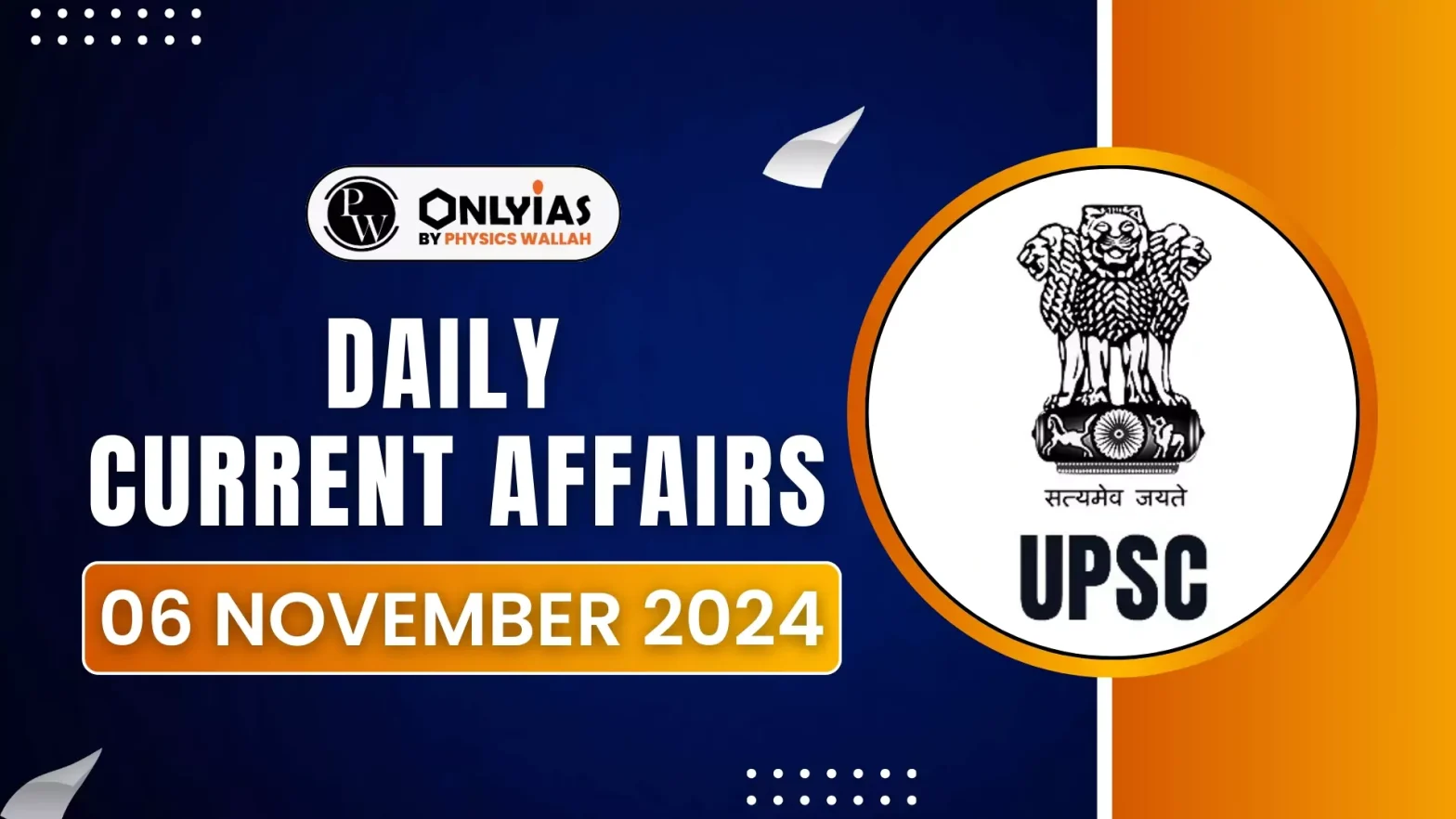Winter Session Date is scheduled from November 25 to December 20, 2024, subject to parliamentary business.
Expected issues and events
- J&K Statehood: Discussion on J&K statehood following the new assembly’s formation and demand for deputy speaker post in Lok Sabha, vacant since the last term.
- Foreign Policy Topics: Likely debates on India’s stance regarding Israel-Palestine and Russia-Ukraine conflicts.
- Census and Caste Count: Expected questions on the upcoming census and potential inclusion of a caste count.
- One-Nation, One Election: Opposition may seek clarity on this proposal, recently approved by the Union Cabinet.
- Waqf (Amendment) Bill: The Joint Committee is expected to submit its report during this session.
- Constitution Day Celebration: A special event will be held on November 26 in the Central Hall of the Samvidhan Sadan to commemorate the 75th anniversary of the Constitution’s adoption.
Enroll now for UPSC Online Course
Sessions of Parliament in India
- The functioning of the Parliament of India is governed by a series of sessions in which Members of Parliament (MPs) meet to discuss, debate, and legislate on various issues affecting the country.
- The constitutional provisions guiding these sessions are outlined primarily in Article 85 of the Indian Constitution.
Related Constitutional Articles
- Article 79: Establishes a bicameral legislature comprising the President, the Rajya Sabha, and the Lok Sabha.
- Article 85: Provides for the summoning, prorogation, and dissolution of Parliament.
- Article 100: Specifies voting and quorum requirements for both Houses.
|
Also Read: Parliamentary Sessions
Summoning of Parliament
- Article 85 of the Constitution empowers the President to summon each House of Parliament.
- This is done at the recommendation of the Cabinet Committee on Parliamentary Affairs. Once approved, MPs are officially summoned in the name of the President.
- Frequency: The Constitution mandates that there should not be a gap of more than six months between two sessions, ensuring that the Parliament meets at least twice a year.
- Convention: Although the Constitution does not provide a fixed schedule, Parliament typically meets for three sessions each year as per established conventions.
Three Parliamentary Sessions
- Budget Session (January–April/May): The first and longest session, it typically starts in the last week of January and ends by April or early May.
- A recess is held in between to allow Parliamentary Committees to scrutinise budgetary proposals.
- Monsoon Session (July–August): This session lasts around three weeks and focuses on a range of legislative matters.
- Winter Session (November–December): This is the shortest session, generally held from November to December.
Check Out UPSC NCERT Textbooks From PW Store
Key Parliamentary Terms
- Summoning: Summoning refers to the official process of calling all members to assemble for a session.
- Adjournment:Adjournment temporarily suspends a House meeting, specifying a time for the next sitting (hours, days, or weeks).
- If there is no specified date for the next meeting, it is known as Adjournment sine die.
- Prorogation:Prorogation marks the official end of a session. While the Rajya Sabha (Council of States) is a permanent body and cannot be dissolved, prorogation ends its current session.
- In the Lok Sabha (House of the People), prorogation ends the session but does not dissolve the House.
- Quorum: Quorum is the minimum number of MPs required to be present to conduct a meeting of either House.
- Constitutional Requirement: One-tenth of the total strength is needed for quorum
- Lok Sabha: Minimum 55 members.
- Rajya Sabha: Minimum 25 members.
|
- Special Session: A special session is an unscheduled session called outside the three regular annual sessions (Budget, Monsoon, and Winter) to address urgent matters or specific issues of national importance.
- It is convened by the government with President’s approval and focuses on a predefined agenda, allowing for concentrated debate and swift legislative action.
Significance of session
- The sessions of Parliament ensure the regular functioning of India’s legislative process, guided by conventions and constitutional provisions to address the nation’s needs.
- Through structured meetings, the Parliament examines budgetary allocations, legislates on critical issues, and maintains checks and balances on the executive, fulfilling its constitutional mandate as the supreme legislative body in India.
Reasons for Low Productivity of Parliament
- Frequent disruptions and protests by opposition parties.
- Lack of consensus on key issues despite the ruling party majority.
- Shorter sessions limiting time for debates and discussions.
Implications of low productivity
- Delays in crucial legislation on taxation, infrastructure, and social welfare.
- Hinders accountability and oversight of the government.
- Diminishes public trust in democratic institutions.
- Wastes resources and negatively impacts the economy.
Enroll now for UPSC Online Classes
Way Forward
- Foster a culture of respect and professionalism among parliamentarians.
- Promote constructive dialogue and debate on policy matters.
- Strengthen oversight through rigorous questioning and scrutiny.
- Ensure timely and transparent information access for parliamentarians.
![]() 6 Nov 2024
6 Nov 2024

